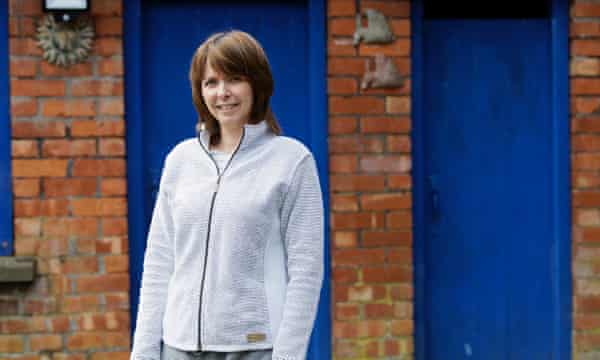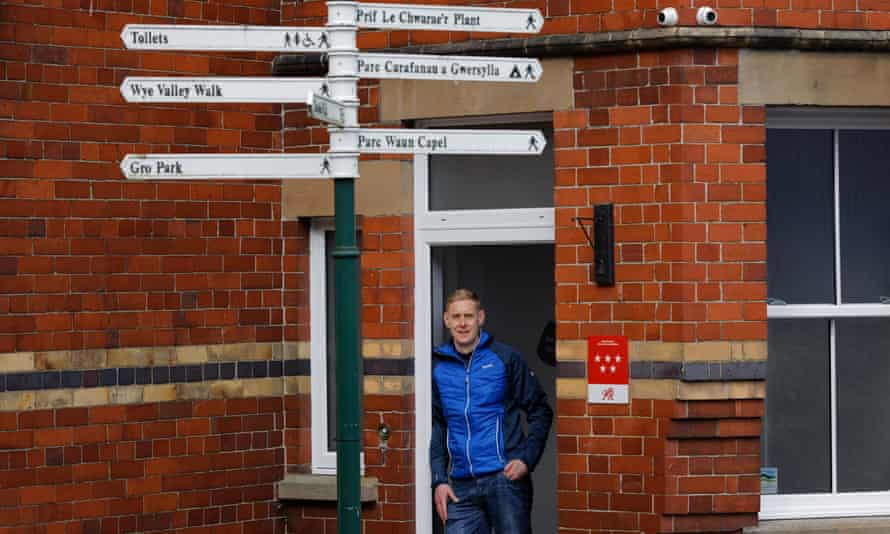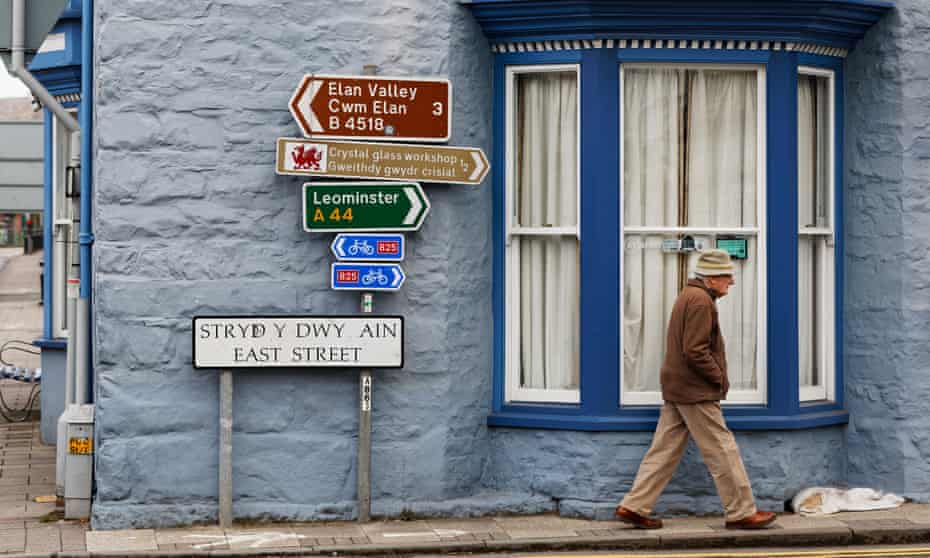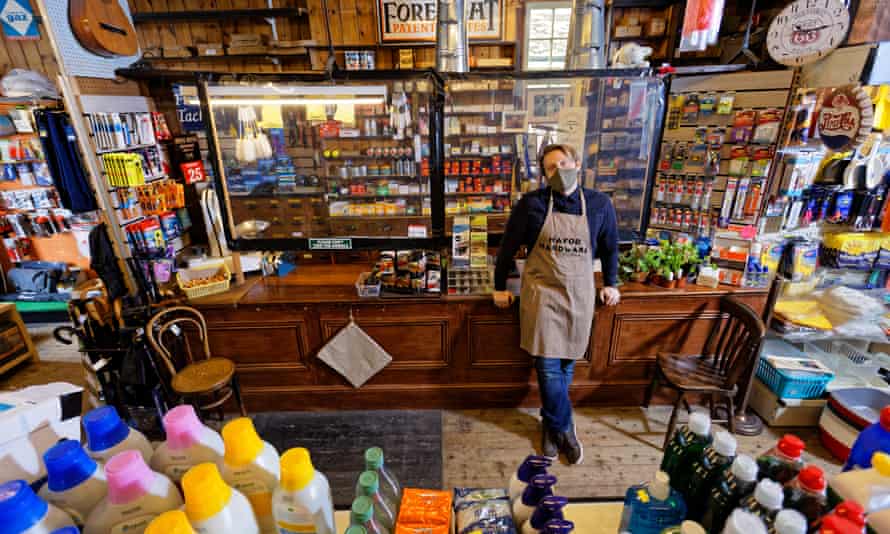The first guests of the season are expected to arrive at the luxury lodges on Lôn Farm in the Cambrian mountains bright and early on Saturday.
“We can’t wait to greet them,” said Kerena Pugh, who runs the holiday business – as well as a busy sheep and cattle farm – with her husband, Stephen.
By the time darkness descends in this faraway-feeling spot near the market town of Rhayader in mid Wales, the guests may well be in the hot tub, and if there is a break in the clouds they will be treated to a spectacular starry sky. “I think that is just the sort of thing people need at the moment,” said Pugh. “It’s been crazy busy with bookings. We’re pretty much full now all the way through the summer.”

It was only late on Thursday night that the first minister, Mark Drakeford, announced that the “stay local” rule would be lifted and Wales would become the first part of the UK to begin welcoming back tourism.
Self-contained holiday accommodation, including hotels with en suite facilities and room service, will be able to welcome people from the same household or support bubble who live in Wales. Welsh residents will also be able to travel as far as they like to beaches and hills, though the government has asked people to avoid “honey spots”.
The announcement led to a flurry of activity in Rhayader. Accommodation owners prepared rooms and put finishing touches to outdoor spaces, the shops that can reopen topped up stock, and cafes and restaurants weighed up the pros and cons of offering takeaways.
Rhys Thomas, who runs Mid Wales Holiday Lets and is a town councillor, said the area desperately needed the boost, but he accepted there was some trepidation. “It feels like the right time to start to open up but we have to make sure that our community feels safe too if there is a big influx of visitors. We’ll be ensuring that our guests stick to the rules.”

Rhayader is in the midst of a marketing exercise to rebrand itself as “the outdoor capital of Wales”. Thomas’s apartments are on the western edge of town, close to the River Wye and on the road out towards the spectacular Elan Valley, which is popular with cyclists and walkers from across the UK and Europe.
But for the next two weeks, only Welsh residents will be allowed to come. The government has put in place an “interim all-Wales travel area”, which will remain in force until at least 12 April. It means only those with a reasonable excuse, such as work, will be able to travel into or out of Wales.
The expectation is that if the UK government’s lockdown roadmap goes to plan, English residents will be allowed to cross the border and take breaks in Wales from 12 April. People who live in Scotland are due to be allowed to leave their country for non-essential reasons from 26 April. No timetable has been given for Northern Ireland.
Cross-border travel remains a sensitive issue. There was anger in Wales in the autumn over Boris Johnson’s refusal to stop people travelling from areas in England that were subject to lockdown to places in Wales where at the time there were few Covid cases.
The concern now is that the rules over the next two weeks will be impossible to police and people desperate for a break from other parts of the UK may be tempted to visit. The Welsh government said the police would enforce the rules if people deliberately flouted them.

Shelagh Owen, who owns a wholefoods store and delicatessen in Rhayder, said the area was very busy last summer and autumn as people headed to the hills for some Covid crisis respite. “I think people are nervous that the same thing will happen this time,” she said. “Last time most people were good and abided by the rules but there were some who didn’t care.”
Adrian Greason-Walker, the owner of the Seven Stars lodge near Rhayder and a policy adviser for the Welsh Tourism Alliance, said businesses should not take bookings from people outside Wales, though he accepted it was sometimes difficult to check.
He said he sensed the Welsh tourism industry was “cautiously optimistic” that lockdowns would continue to ease and the summer will be busy. “Because we are providing outdoor holidays in often very remote places, people can feel safe.”
Some are frustrated at the short notice they have been given by the Welsh government to reopen, and want other sectors such as hospitality to open quickly so that visitors will be able to enjoy a meal and drink.
Rowland Rees-Evans, the chair of the mid Wales tourism body MWT Cymru, said: “Vaccinations are going well and the NHS is coping. Why not open up more now? We’ve got to learn to live with this virus.”

He said that after three months of being ordered to stay at home and two weeks of having to remain local, Welsh people were keen to be on the road. “I think a lot of suitcases will be packed already,” he said.
Thomas Lewis Jones, whose family has run Hafod Hardware in the town for almost a century, said the shop and the area needed the fillip that the reopening of tourism would bring. “January and February were a write-off for us. March has been a bit better but we need the tourists. This isn’t the same town without visitors.”
Hafod Hardware normally does brisk business in camping and fishing equipment, and Jones said he was getting calls from English anglers asking if they were allowed to come. “I tell them they have to stick to the guidelines, hang fire, it won’t be long now.” But he’ll be glad to see them return. “There’s only so many nails and pots of paint you can sell.”




